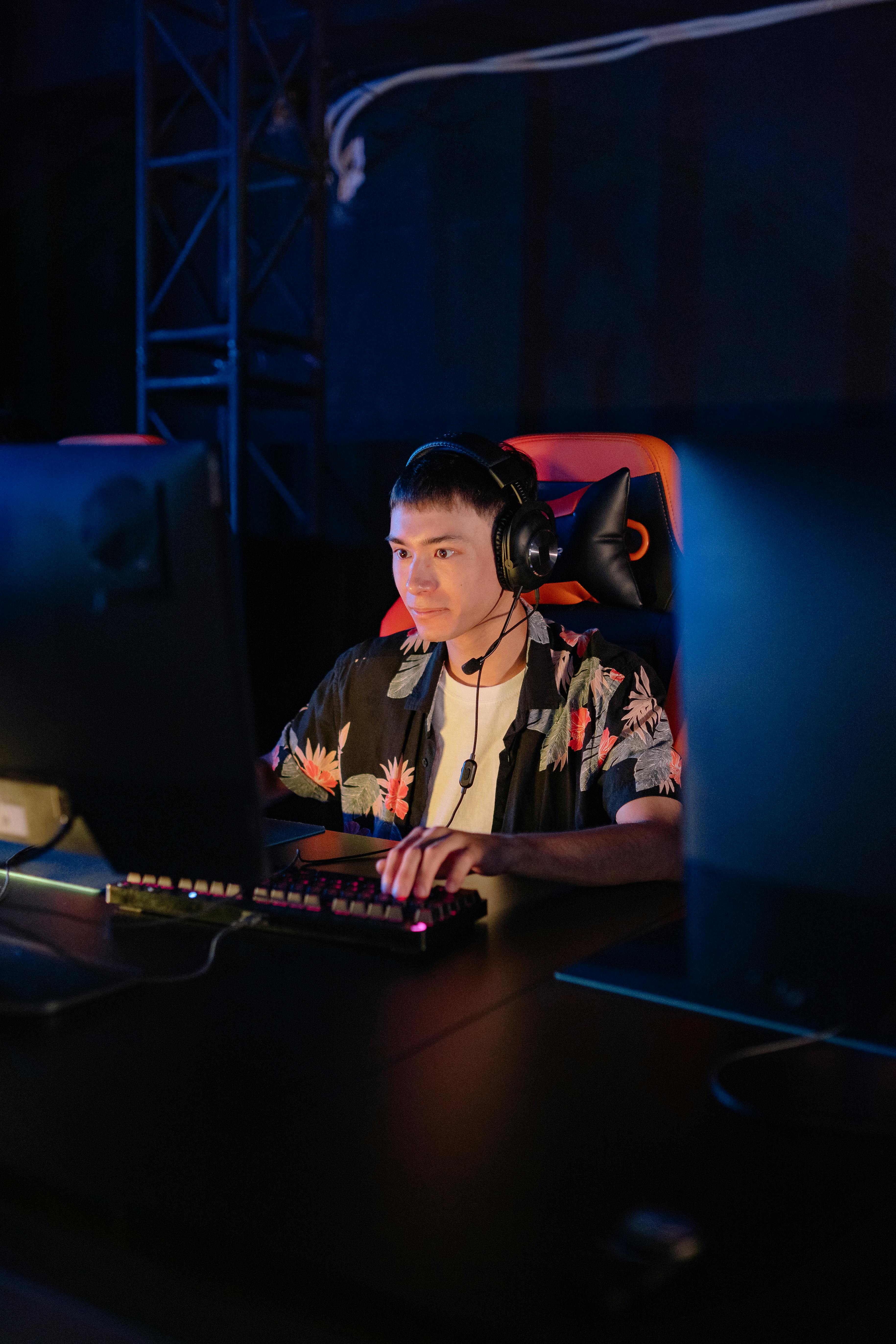Forging Excellence: The Role of Mental Toughness in Elite Sports Performance
In the high-stakes world of elite sports, physical prowess is undoubtedly essential. However, an often-underappreciated factor is the athlete's mental toughness. This article delves into the often-overlooked realm of mental strength, its historical significance, current trends, and real-world applications.

The Genesis of Mental Toughness in Sports
The concept of mental toughness in sports has its roots in the mid-20th century. However, it wasn’t until the 1980s that sports psychologists began to examine it in earnest. The consensus is that mental toughness involves resilience, focus, confidence, and the ability to thrive under pressure. It’s the mental equivalent of physical endurance, and it’s often what separates good athletes from great ones.
Riding the Wave of Current Trends
Today, mental toughness training is a multi-faceted process. It incorporates techniques from cognitive-behavioral therapy, mindfulness, visualization, and neurolinguistic programming. The boundaries continue to expand, with new methods such as biofeedback and virtual reality emerging.
The Payoff and Pitfalls of Mental Toughness
The benefits of mental toughness are clear—it can provide the edge in a tight competition, help athletes recover from setbacks, and underpin long-term success. However, the pursuit of mental toughness also poses challenges. There’s a fine line between mental toughness and unhealthy perfectionism or overtraining. Striking the right balance is crucial.
Mental Toughness in Action
One shining example of mental toughness in sports is basketball legend Michael Jordan. Known for his relentless determination, Jordan often played his best under intense pressure. His mental toughness was integral to his six NBA championships and his enduring legacy as one of the greatest athletes of all time.
Moving Forward: The Future of Mental Toughness
Research into mental toughness is ongoing, and its importance in sports is likely to grow. As physical abilities reach their limits, the mental game will become even more vital. The future may hold more personalized mental toughness training, harnessing technology like artificial intelligence and machine learning.
Mental toughness is a crucial aspect of elite sports performance, often making the difference between good and great. As we look to the future, it’s clear that this psychological edge will only become more vital. The pursuit of mental excellence, like the quest for physical perfection, continues to push the boundaries of human potential.




